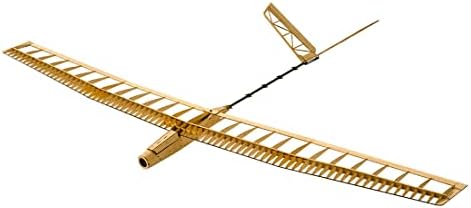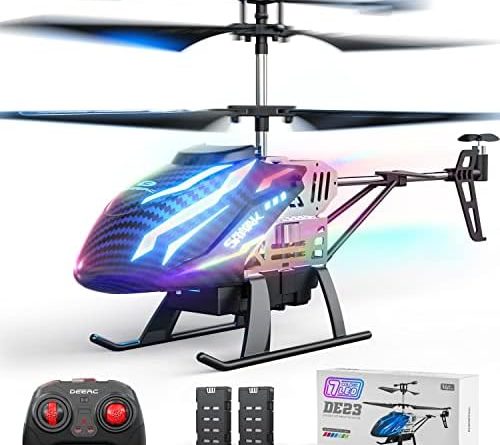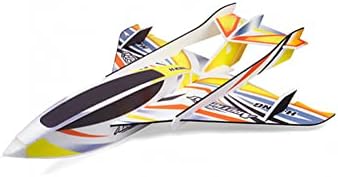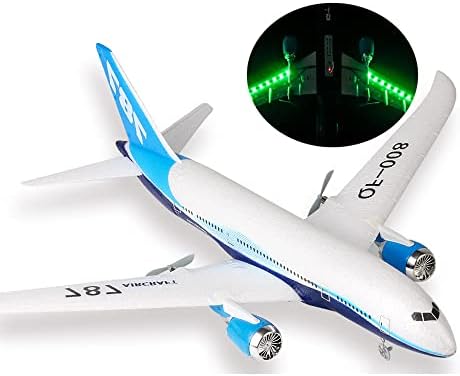







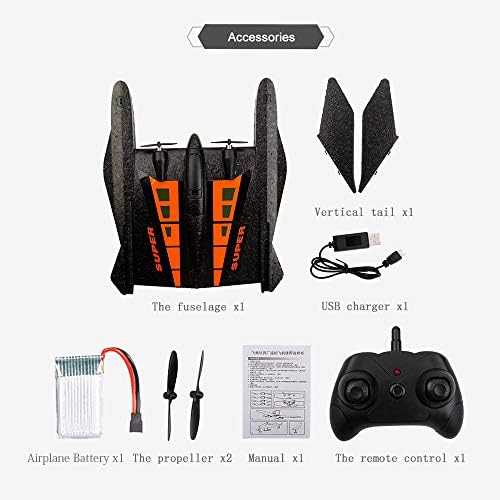
Table of Contents
What is an RC Plane?
Remote control (RC) planes are miniature aircrafts that are operated by a controller from a distance. These planes are often used for recreational purposes, and they come in a variety of sizes and designs. RC planes can be powered by electric motors, gas engines, or even rubber bands. They can be used for a variety of activities, such as racing, aerobatics, and even aerial photography.
What Are the Different Types of RC Planes?
The most common types of RC planes are electric, gas, and rubber band powered. Electric planes are the most popular and are powered by a battery and electric motor. Gas planes use nitro engines and are typically more powerful than electric planes. Rubber band planes are powered by a rubber band and are usually the cheapest and easiest to fly.
How to Choose the Right RC Plane?
When choosing an RC plane, it is important to consider your skill level and budget. Beginners should start with an electric plane, as they are the easiest to fly and the least expensive. Experienced pilots may want to consider a gas or nitro engine plane, which are more powerful and offer more speed and performance. It is also important to consider the size of the plane and the type of flying you plan to do.
What Are the Benefits of Flying an RC Plane?
Flying an RC plane can be a fun and rewarding hobby. It can provide a sense of freedom and relaxation, as well as a great way to bond with friends and family. Flying an RC plane can also be a great way to learn about aerodynamics and the principles of flight. It can also be a great way to get into the world of engineering and design, as many RC planes are designed and built by their owners.
Conclusion
RC planes are a great way to get into the world of aviation. There are many different types of planes available, from electric to gas powered, and from beginner to expert level. Choosing the right plane for your skill level and budget is important, and it is also important to consider the type of flying you plan to do. There are many benefits to flying an RC plane, from the sense of freedom and relaxation to learning about aerodynamics and engineering. No matter your skill level or budget, there is an RC plane for you.
FAQs
Q: What is an RC Plane?
A: An RC plane is a miniature aircraft that is operated by a controller from a distance. These planes are often used for recreational purposes, and they come in a variety of sizes and designs.
Q: What Are the Different Types of RC Planes?
A: The most common types of RC planes are electric, gas, and rubber band powered. Electric planes are the most popular and are powered by a battery and electric motor. Gas planes use nitro engines and are typically more powerful than electric planes. Rubber band planes are powered by a rubber band and are usually the cheapest and easiest to fly.
Q: How to Choose the Right RC Plane?
A: When choosing an RC plane, it is important to consider your skill level and budget. Beginners should start with an electric plane, as they are the easiest to fly and the least expensive. Experienced pilots may want to consider a gas or nitro engine plane, which are more powerful and offer more speed and performance. It is also important to consider the size of the plane and the type of flying you plan to do.
Q: What Are the Benefits of Flying an RC Plane?
A: Flying an RC plane can be a fun and rewarding hobby. It can provide a sense of freedom and relaxation, as well as a great way to bond with friends and family. Flying an RC plane can also be a great way to learn about aerodynamics and the principles of flight. It can also be a great way to get into the world of engineering and design, as many RC planes are designed and built by their owners.
Q: Are RC Planes Difficult to Fly?
A: RC planes can be difficult to fly, depending on the type of plane and the skill level of the pilot. Electric planes are generally the easiest to fly and are recommended for beginners. Gas and nitro engine planes are more powerful and require more skill to fly.
Price: $44.99
(as of Feb 27, 2023 11:10:21 UTC – Details)


